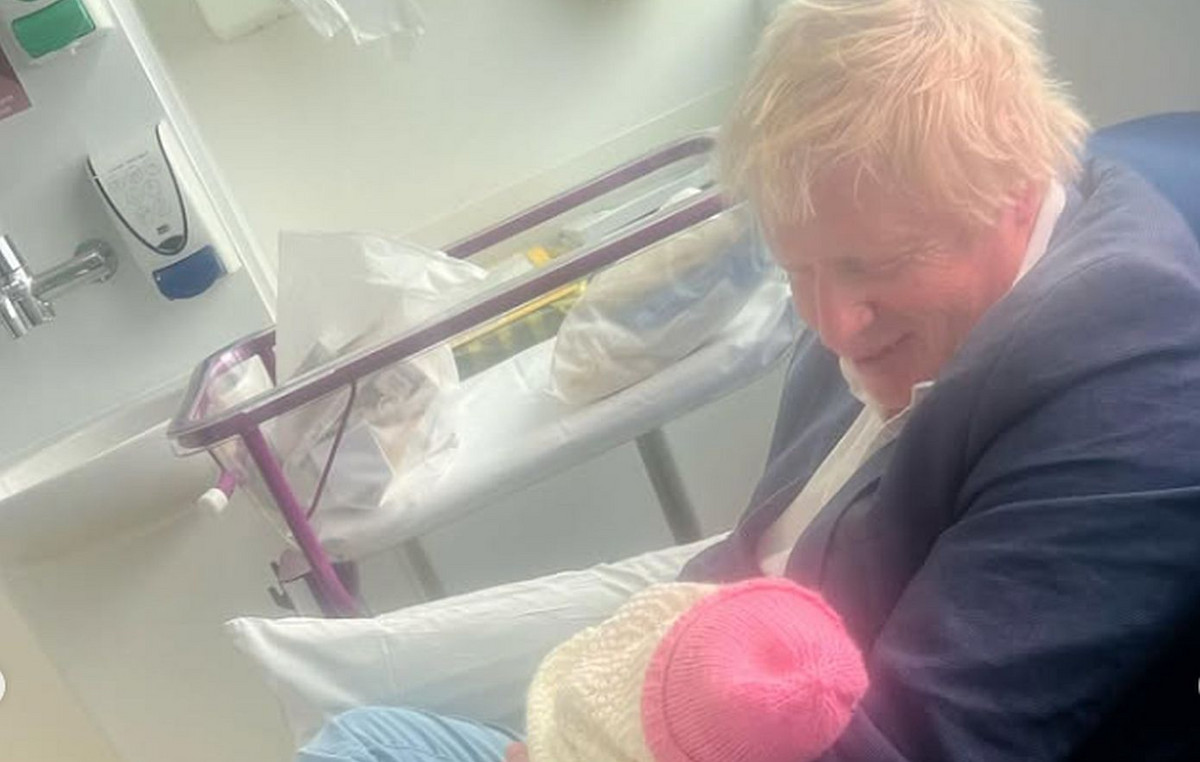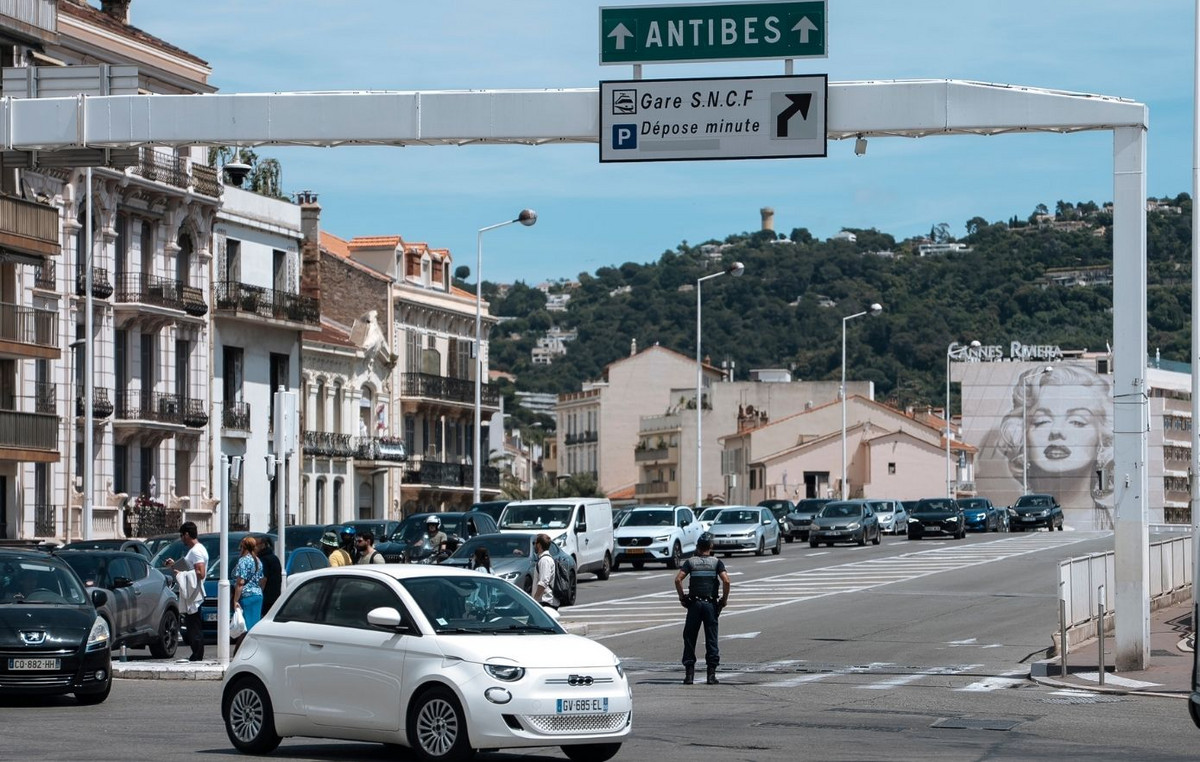A 13-year-old girl who was allegedly raped by four men in India was raped again by a police officer after she tried to ask for his help in reporting the initial attack.
Uttar Pradesh authorities confirmed Wednesday that a police officer had been arrested in connection with the alleged incident, which has caused outrage in India, with many accusing police of helping to perpetuate a systemic culture of sexual violence.
Priyanka Gandhi Vadra, a senior politician for India’s opposition party in Congress, wrote on social media: “If police stations are not safe for women, then where are they going to complain?”
An investigation into the alleged incident at a police station in Lalitpur state is ongoing. After his arrest, the officer told reporters he was innocent and called for an independent investigation.
All officers on duty at the time of the alleged incident have been reprimanded and action will be taken against them if found guilty of any crime, according to police.
Separately, four men were arrested for allegedly kidnapping and raping the minor in April, according to police. They reportedly took the teenager to the neighboring state of Madhya Pradesh, where she was raped and held for four days, police said. A woman was also arrested in connection with the alleged incident.
They were also accused of violating India’s laws to protect minority castes, police said. The five were not formally charged.
The teenager belonged to the Dalit community of India, Lalitpur Police Additional Superintendent Girijesh Kumar told CNN On thursday. The accused police officer was also a Dalit, Kumar said.
The alleged incident is the latest in a string of crimes against women and minority groups across India, epitomizing what critics allege is widespread internalized misogyny based on patriarchal values.
According to the latest data from India, more than 28,000 cases of alleged sexual assault against minors were reported in 2020. But activists believe the real number is much higher as rape is often underreported.
In a statement, India’s National Human Rights Commission (NHRC) described this month’s alleged incident as a “human rights violation”.
Violence against women and girls
India’s 2,000-year-old caste system categorizes Hindus at birth, defining their status in society, what jobs they can do and who they can marry.
It was officially abolished in 1950, but the social hierarchy still exists in many parts of the Hindu-majority nation.

Dalits make up about 201 million of India’s 1.3 billion population, according to government figures. They were called “untouchables” in the past but today they continue to suffer rampant discrimination, sexual violence and assault.
A series of violent crimes and sexual attacks against Dalit women and girls have caused outrage in recent years.
In August last year, four men, including a Hindu priest, were charged with the rape and murder of a 9-year-old Dalit girl in the Indian capital of New Delhi.
The incident followed the gang rape and death of a 19-year-old Dalit woman in Uttar Pradesh in September 2020. Just a month earlier, another 13-year-old Dalit girl was raped and murdered in the state.
In 2019, two Dalit children were allegedly beaten to death after defecating in the open. And in 2018, a 13-year-old lower-caste girl was beheaded in the southern state of Tamil Nadu, allegedly by an upper-caste attacker.
Opposition activists and politicians say the crimes reflect an atmosphere of hatred, fueled in part by the rise of radical Hindu nationalism.
According to a 2020 report by the non-governmental organization Equality Now, sexual violence is used by ruling castes to oppress Dalit women and girls.
An NGO investigation found that Dalit women and girls in the northern state of Haryana are often denied access to justice in cases of sexual violence due to “the prevailing culture of impunity, particularly when the perpetrators are of a dominant caste”. .
The organization called on the government to ensure greater police accountability and effective law enforcement to protect caste-based minorities.
In March 2020, then Interior Ministry member G. Kishan Reddy said in response to parliament that the government was “committed to ensuring the protection” of marginalized castes. He added that the laws were amended in 2015 to strengthen preventive and punitive measures for crimes against Dalits.
Source: CNN Brasil
I’m James Harper, a highly experienced and accomplished news writer for World Stock Market. I have been writing in the Politics section of the website for over five years, providing readers with up-to-date and insightful information about current events in politics. My work is widely read and respected by many industry professionals as well as laymen.





